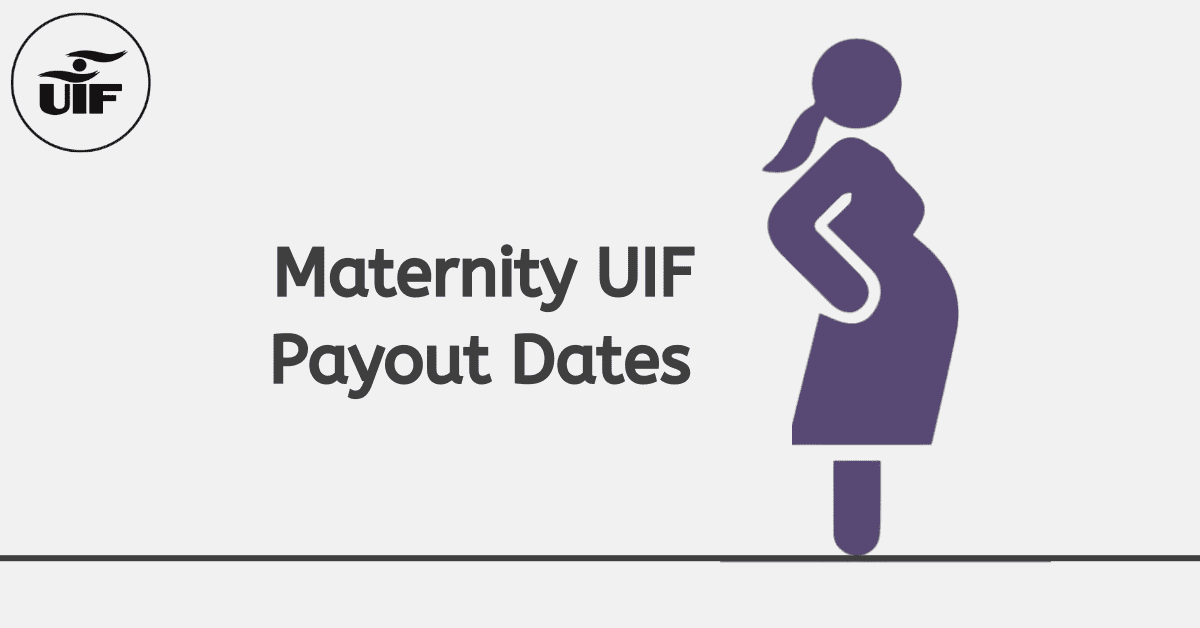What is UIF, and what is the purpose of the contribution? How can I calculate my UIF contribution from my salary?
You have the right to ask all the questions, and it is important to understand your salary, contribution, and UIF.
The unemployment Insurance fund was introduced by the South African government. This policy cushioned individuals who may find themselves not working or in dire need after employment. On the other hand, it was meant to reduce the burden of situations and the economic pressure on the government. But certainly, it is not meant for every individual; you must be eligible for employment and meet the criteria to benefit.
There are requirements and laws governing this policy. A clear decision was made to support unemployed individuals due to certain external factors, and this has been passed as a law. As an employee, you are required to contribute to UIF from your salary.
How to calculate UIF contribution on salary
Many people wonder how to calculate UIF contribution on their salary and presume it requires some technicalities. We want to reassure you that calculating UIF contribution on salary is very easy. The law states that 2% of your gross salary must go into UIF monthly. With this 2%, your employer must pay 1% while you, the employee, pay 1%. If you earn R10000, your employer deducts 1% from your salary, which amounts to R100 to UIF. This 1% is your own contribution. Your employer also pays 1% from the company’s side to your UIF, which is part of the employer abiding by the law paying that amount to UIF on your behalf.
How to calculate UIF on weekly wages
While others earn every month, others may earn weekly. In this case, one may ask, how do I calculate UIF on weekly wages? As established, UIF has been mandatory; therefore, irrespective of the time frame you are paid, 2% of your gross monthly income must be contributed to UIF. But in this post, it’s not about monthly income; the question lies in how weekly earners can also contribute to UIF. How can they calculate their contribution towards UIF if they are paid weekly?
First and foremost, you must understand that the law states 2% of your salary every month. But here is the case weekly wages are paid, and you are looking for ways to calculate UIF on that weekly wage. As part of our mission to give insight and help our readers, we will suggest one way you can calculate UIF on weekly wages. There may be certain limitations, and this may be due to the variations in the wages and also maximum contribution.
The method is to calculate 0.5% of your weekly wage. In this case, you have divided the total 2% by four weeks. It is understood that the average number of weeks in a month is 4. Hence, 0.5%X4 = 2%. For example, if your earn R2000 every week, you can calculate 0.5% off your weekly wage of R2000, which will give you an amount of R10. In this case, your UIF contribution every week will be R10. You may receive different amounts in different weeks depending on your working hours. However, your 0.5% every week must be considered.
This is one of the simplest ways to calculate UIF on your weekly wages. While you calculate using this method, remember half of the 0.5% must come from your employer, and the other half must come from your earnings.
How to deduct UIF from salary
The deduction of UIF from salary is not done by you, the employee, unless you pay yourself. So how do I deduct UIF from my salary? The concept of the UIF deductions is so that employees can not evade them. Upon UIF registration by the company, your employer adds you to the UIF contribution automatically.
The deduction is done directly by the employer every month by calculating the mandated percentage of your gross salary. This amount is paid into your UIF account every month by your employer. It is required by law that your employer deducts that amount from your salary before you receive your monthly salary. This is later paid to the respective accounts of the employees.
How to calculate UIF maternity benefits
Your daily income is calculated below. Please note the amount being used are for exemplary purposes and to educate you.
R50000 x 12/365 = R1643.84 every day
R50000 – Estimated gross monthly income
12 – Months in the year
365 – number of days in a year
My maternity leave income is R 40000
R40000 x12/365 = R 1315.60
Your leave income must be subtracted from your total monthly income to get your actual maternity benefits.
R 1643.84 – R 1315.60 =R 328.24
You have to note that our daily is at R328.24, which is actually more than the daily benefit. In this case, the difference will be paid.
How to check how much you have on UIF
To highlight, the UIF benefits should amount to a maximum of 58% of your salary but not less than 38%. The maximum contribution for UIF is 48 months, and there is a threshold for your monthly contribution. Your monthly contribution must not exceed R177.28 every month. The UIF benefit limits your earnings to an average of 6 months of your salary. UIF has pegged its salary to an amount of R 17712
Here is a typical example of how you can check how much you have on UIF. Looking at an average monthly salary of R20000, we will be using that to check what one may have in their funds.
R20000 x 12/365 = R657.53 per day
R20000 – Estimated gross monthly income
12 – average worked months
365 – number of days in a year
The R657.53 is the average amount to get from UIF. It is important to note that the benefit depends on the percentage of your salary you contributed. With a lower income, you are assumed to get more benefits. This gives you an average of how much you have with UIF.
How is UIF calculated?
The unemployment insurance fund is calculated on gross monthly salary. The contribution for the UIF is 2% of the gross monthly wage of employees. The 2% is equally divided in two for the employer to pay part while the employee also pays part. The law requires employers to deduct that amount from the gross salary.
If you earn R10000 every month, you have to multiply that amount by 12 and divide by 365. This gives you an average amount you would receive every day.
But UIF states that the amount is not paid for the whole period that an individual is not able to work. You are entitled to 200 days of payout with payment of 6 days out of 7 days. Also, the minimum rate which 38% is used to multiply your earnings. The low-income earners earn more than high-income earners on the UIF payout.
If you earned less than R13000, you would receive not less than 55% of the average salary for the period that you had been contributing. If you earned more than R13000, you would have an average UIF fixed benefit amount of R4350 every month for the period indicated by UIF.
How much is UIF contribution per month?
UIF contribution is set aside to support individuals who may find themselves in a burdened economy due to external shocks that may get them off work.
The UIF contribution per month is 2% of your monthly earnings. The sum of the 2% includes 1% paid from your salary and the other 1% directly from your employer. This is required by law, and therefore, once you find yourself working, you should contribute 2% of your income to UIF every month for a period of time.
Is UIF calculated on gross salary?
You must first understand what gross salary is even before you think of UIF calculation on gross salary.
Gross salary is the amount an employee earns before any deductions, which include tax, benefits, or other external deductions like loans. Your gross salary could be monthly, bi-yearly, quarterly or annual.
Once you have been employed, your UIF will be calculated on your gross salary every single month. That 1% from you, the employee, is calculated on that total gross monthly salary. While another 1% is paid directly from your employer based on your gross salary. You should know that the UIF calculation is not just on gross salary but monthly gross salary.














